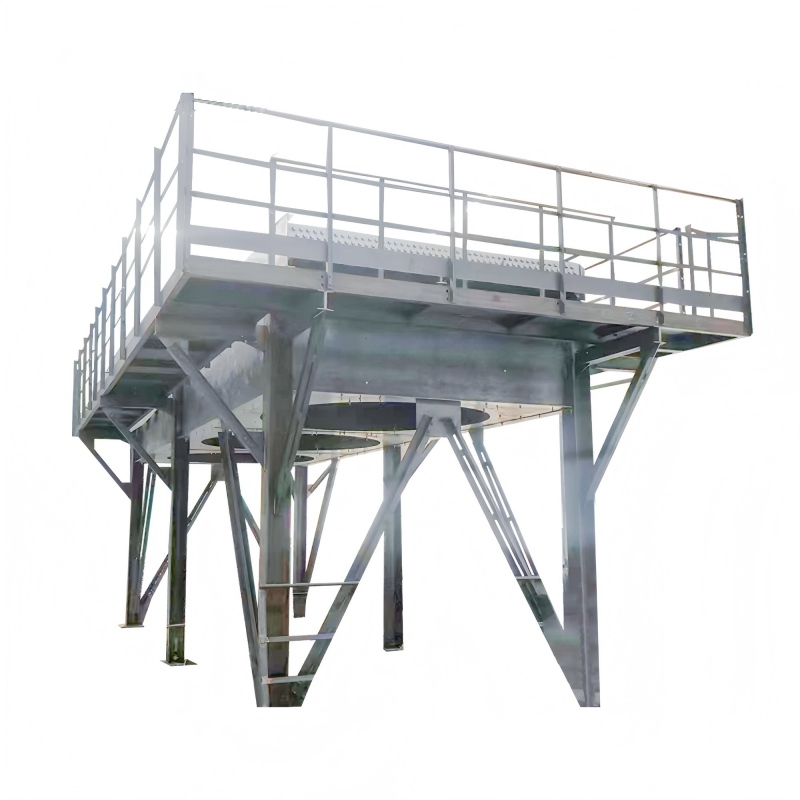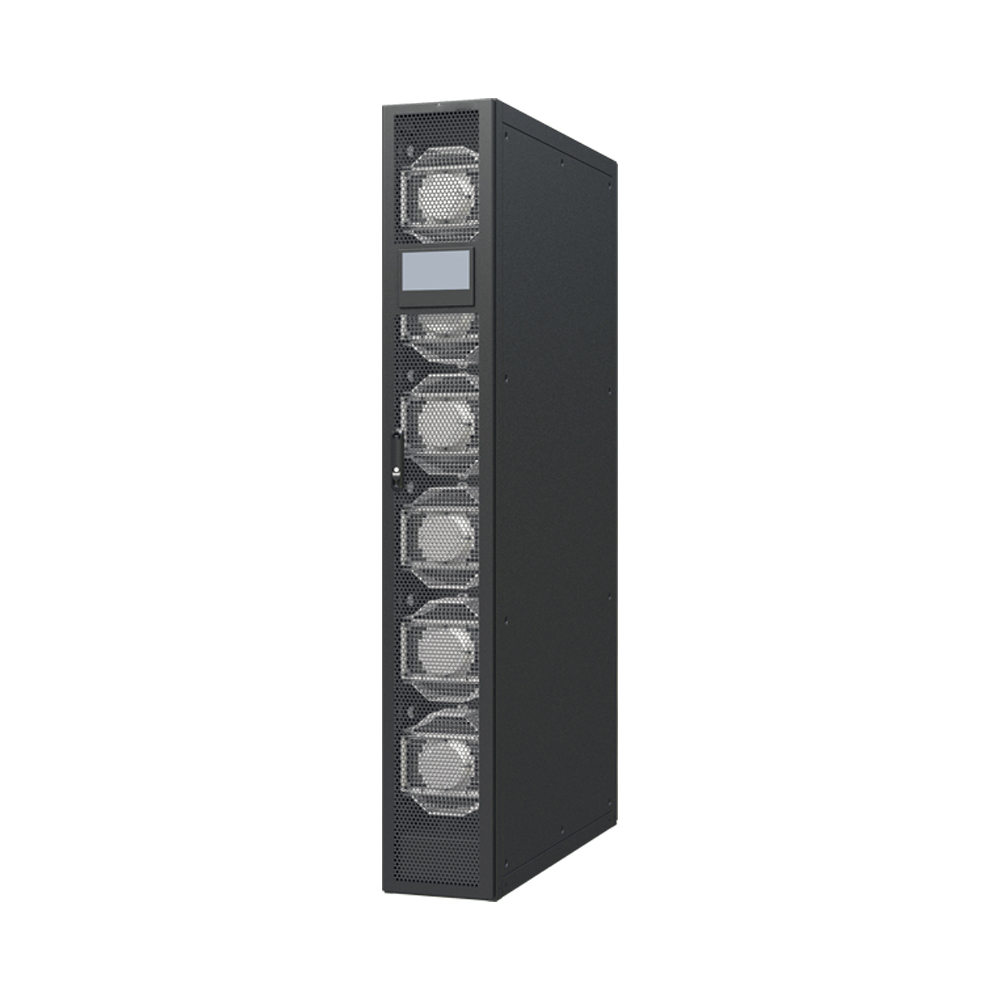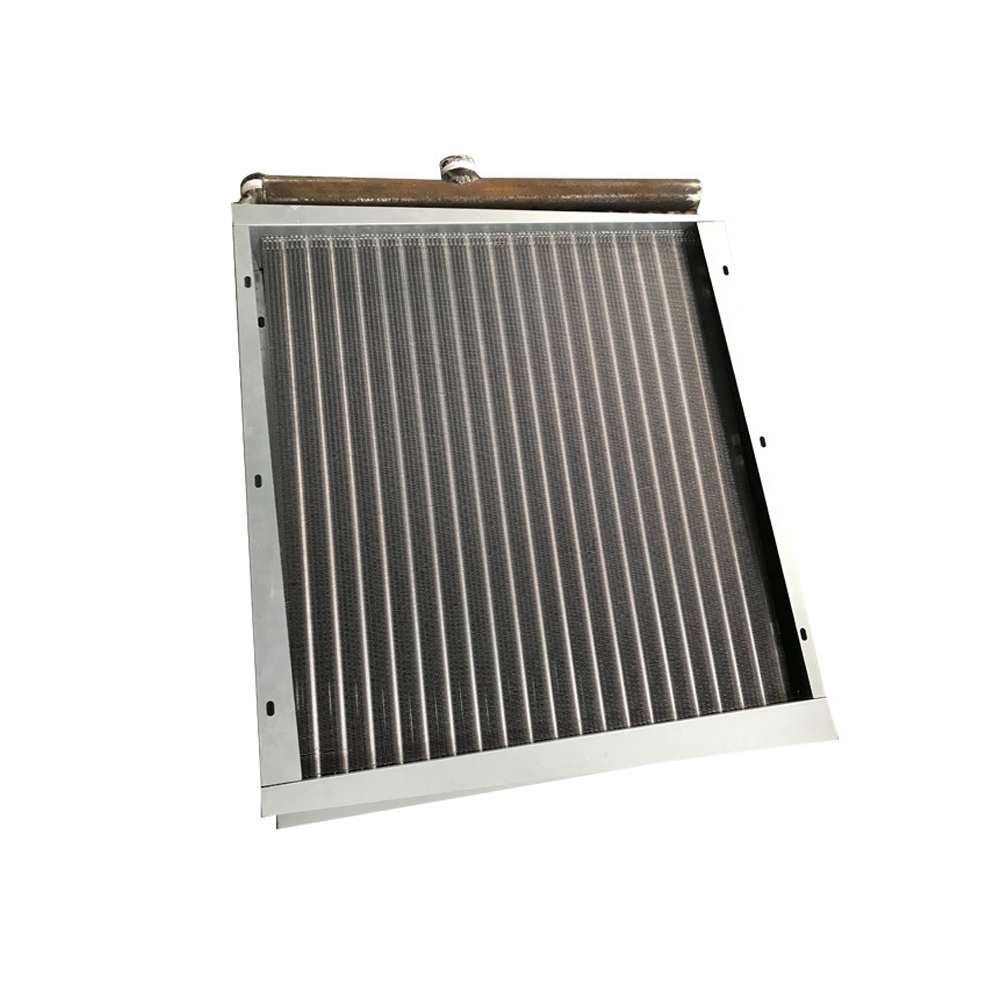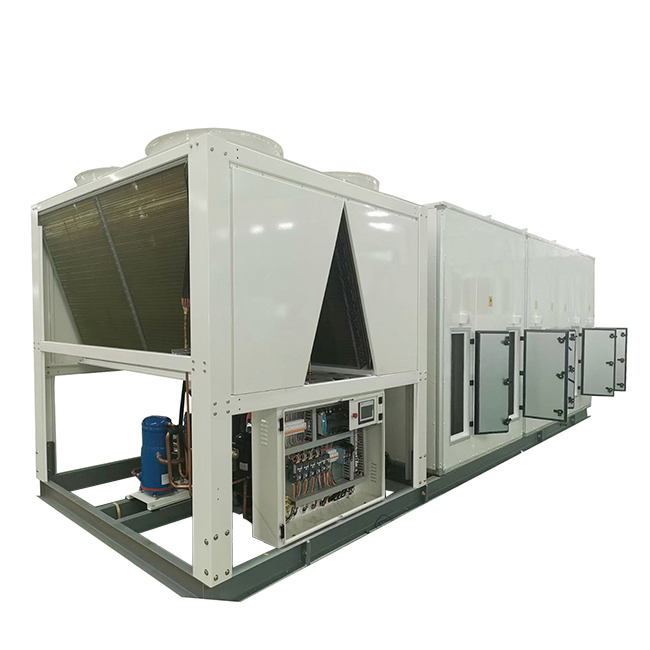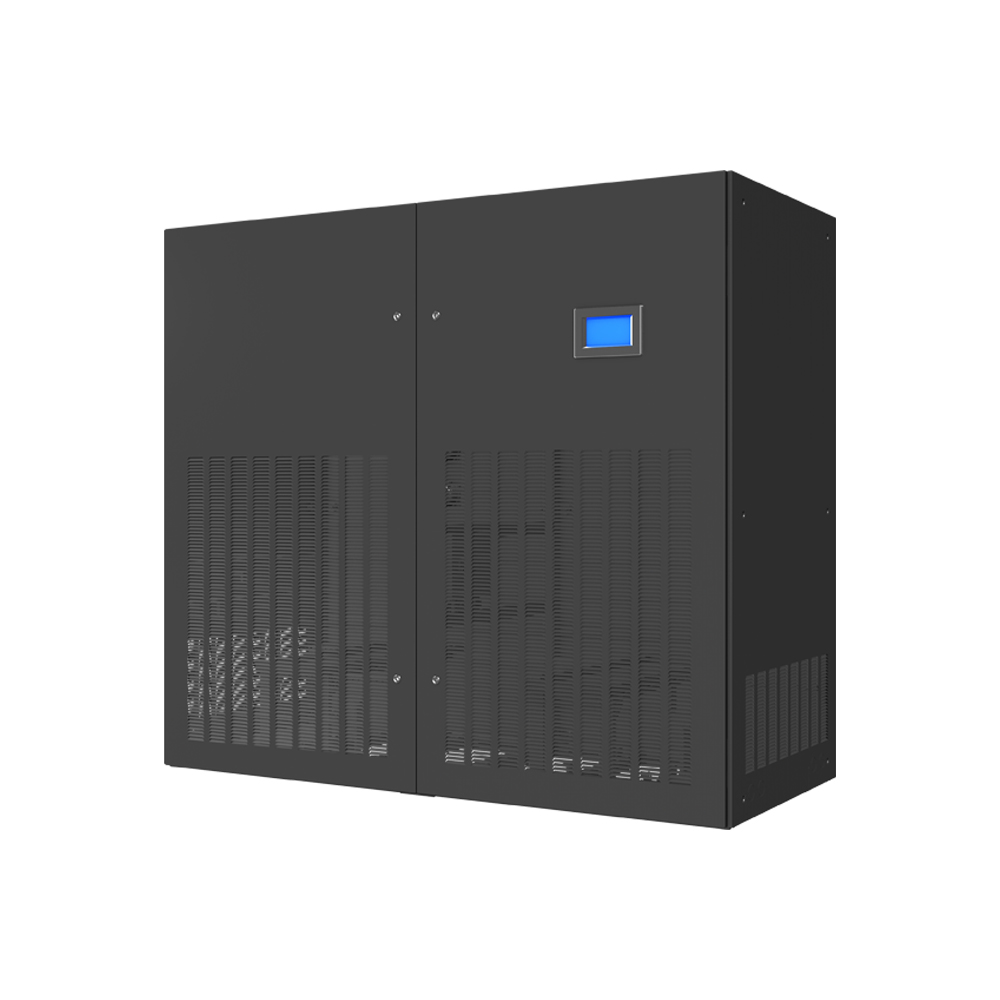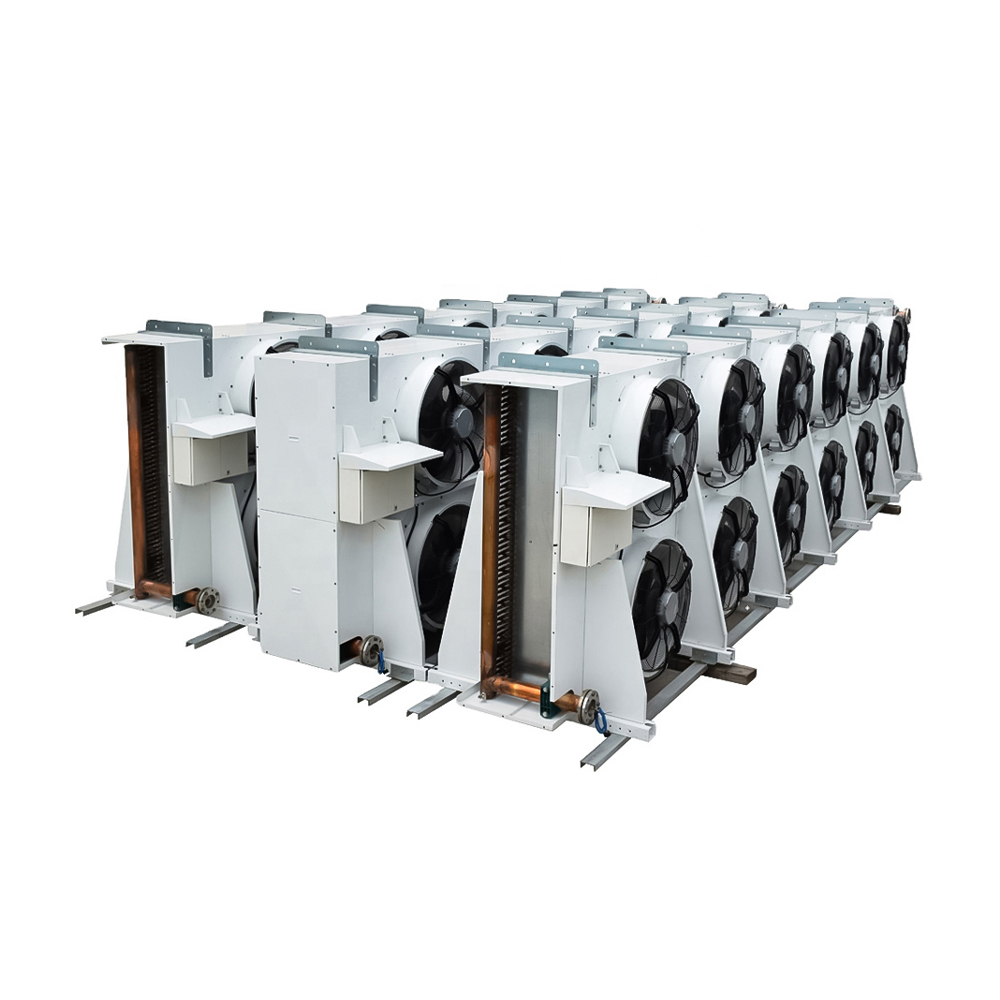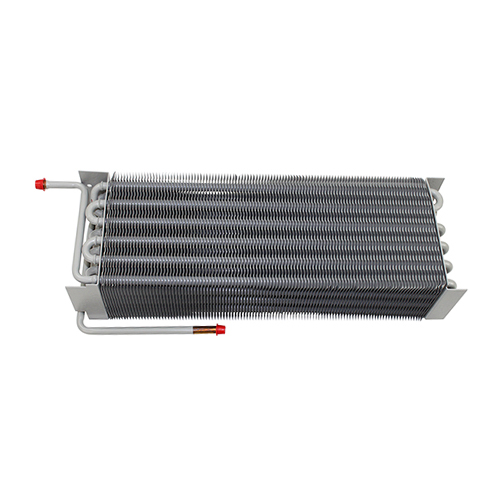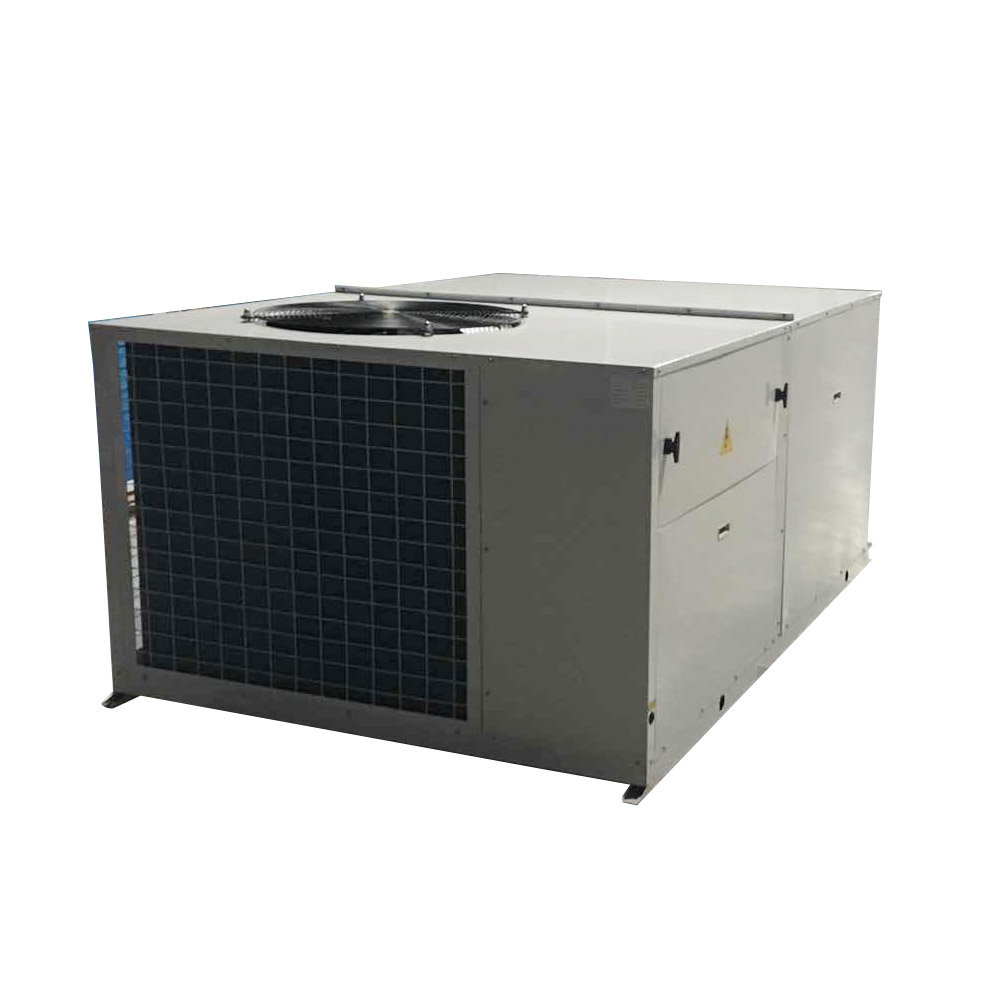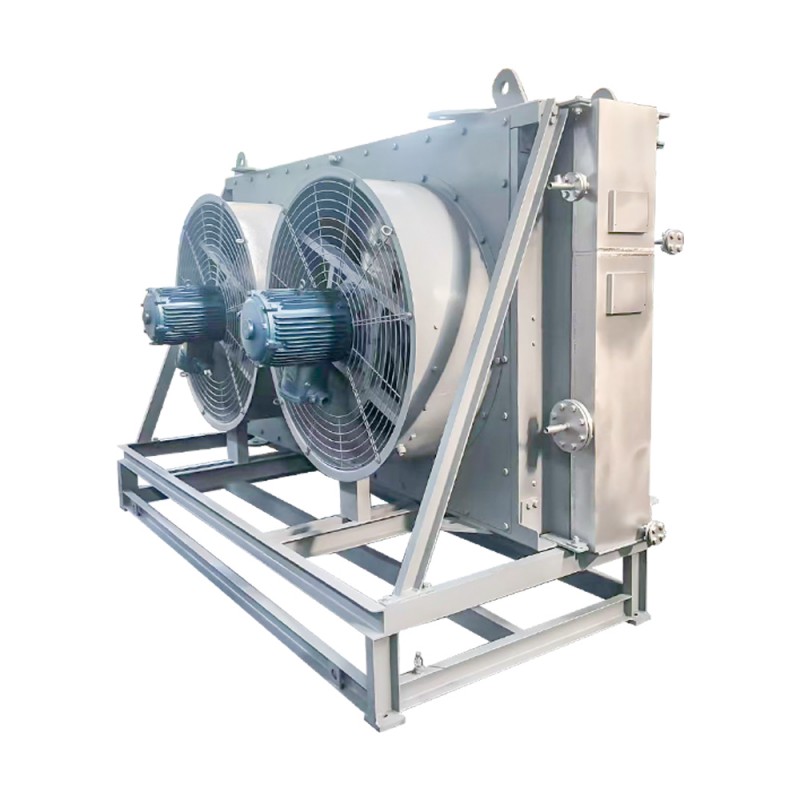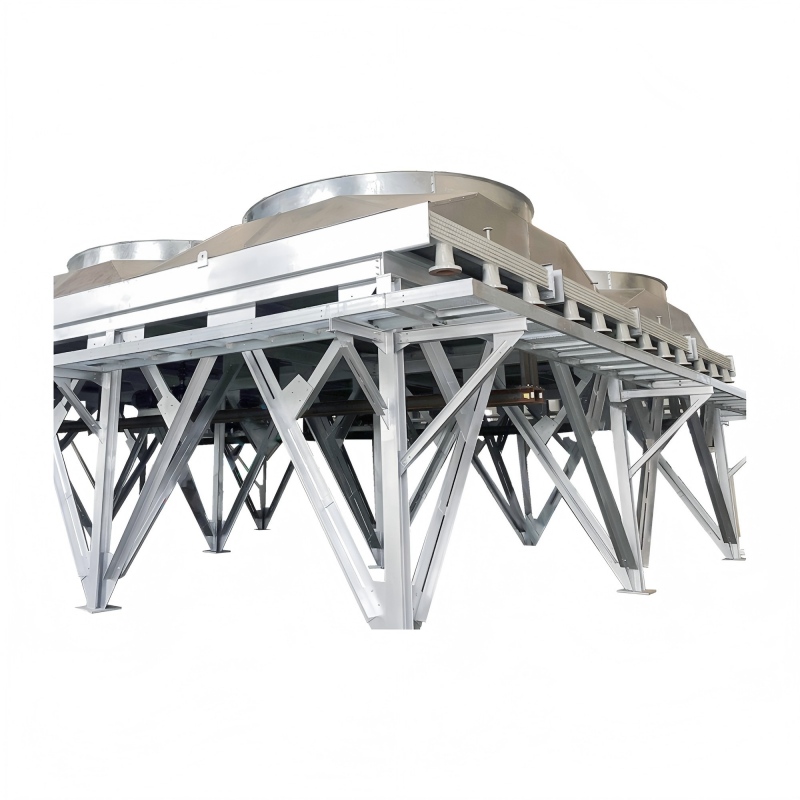This guide provides in-depth information on selecting the best HVAC evaporator coil for your needs. We'll cover key features, factors to consider, and popular brands, helping you make an informed decision for optimal cooling performance and efficiency.
Understanding HVAC Evaporator Coils
What is an Evaporator Coil?
The HVAC evaporator coil is a crucial component in your air conditioning system. It's responsible for absorbing heat from the air within your home or building, converting refrigerant from a liquid to a gas in the process. This heat absorption is what cools the air that’s then circulated throughout your space. The efficiency and effectiveness of your entire system are heavily reliant on the quality and proper sizing of your evaporator coil.
Types of Evaporator Coils
Several types of HVAC evaporator coils exist, each with its own advantages and disadvantages. These include:
- Fin-and-tube coils: The most common type, featuring copper tubing with aluminum fins for efficient heat transfer.
- Microchannel coils: Utilizing smaller tubing, which increases surface area and can improve efficiency but are less easily repaired.
- Plate coils: Employing a series of plates to facilitate heat exchange, offering a compact design.
The best type for your system will depend on factors such as the size of your space, the climate you live in, and the overall efficiency goals of your installation. Consider consulting with an HVAC professional to determine the optimal choice for your specific situation. Companies like Shanghai SHENGLIN M&E Technology Co.,Ltd offer a wide range of options.
Factors to Consider When Choosing an HVAC Evaporator Coil
Size and Capacity
The evaporator coil must be appropriately sized to match your air conditioning unit's capacity. An undersized coil will struggle to keep up, while an oversized one can lead to inefficient operation. Accurate sizing is crucial for optimal performance and energy efficiency. Always consult manufacturer specifications and consider professional advice to ensure correct sizing.
Material and Construction
The material of the evaporator coil significantly impacts its durability and efficiency. Copper tubing is common due to its excellent heat transfer properties and resistance to corrosion. The fin material (often aluminum) influences heat transfer and should be considered in relation to potential corrosion in specific environments. Choosing durable materials will extend the lifespan of your HVAC evaporator coil.
Refrigerant Compatibility
Ensure the evaporator coil is compatible with the refrigerant used in your air conditioning system. Using an incompatible coil can lead to performance issues and potential damage to the entire system. Always check manufacturer specifications to ensure compatibility.
Efficiency Ratings
Look for evaporator coils with high efficiency ratings, such as SEER (Seasonal Energy Efficiency Ratio). Higher SEER ratings indicate greater energy efficiency, leading to lower energy bills and a smaller environmental footprint. Compare ratings among different models to find the most energy-efficient option for your needs. Choosing a high-efficiency HVAC evaporator coil is a smart investment in long-term cost savings.
Top Brands of HVAC Evaporator Coils
Several reputable manufacturers produce high-quality HVAC evaporator coils. Researching and comparing models from various brands can help you find the best option for your specific needs and budget. Some well-known brands include:
- Carrier
- Rheem
- York
- Trane
- And many more…
Maintenance and Replacement
Regular maintenance of your HVAC evaporator coil is essential for optimal performance and longevity. This includes cleaning to remove dust and debris, which can restrict airflow and reduce efficiency. Regular inspections can help identify potential problems early on. When replacement becomes necessary, professional installation is recommended to ensure proper functionality and safety.
Choosing the Right HVAC Evaporator Coil for You
Selecting the best HVAC evaporator coil requires careful consideration of various factors. Prioritize proper sizing, material quality, refrigerant compatibility, and efficiency ratings. Consulting with an HVAC professional can provide valuable guidance in choosing the optimal coil for your specific needs and ensure a smooth and efficient installation. Don't hesitate to ask questions and compare options before making a decision. Remember that a well-chosen evaporator coil plays a critical role in maintaining a comfortable and energy-efficient indoor environment.
| Feature | Microchannel Coil | Fin-and-Tube Coil |
| Efficiency | Generally Higher | Slightly Lower |
| Compactness | More Compact | Less Compact |
| Repairability | Difficult to Repair | Easier to Repair |
| Cost | Generally Higher | Generally Lower |
Disclaimer: This information is for general guidance only. Always consult with a qualified HVAC professional for specific advice and installation.









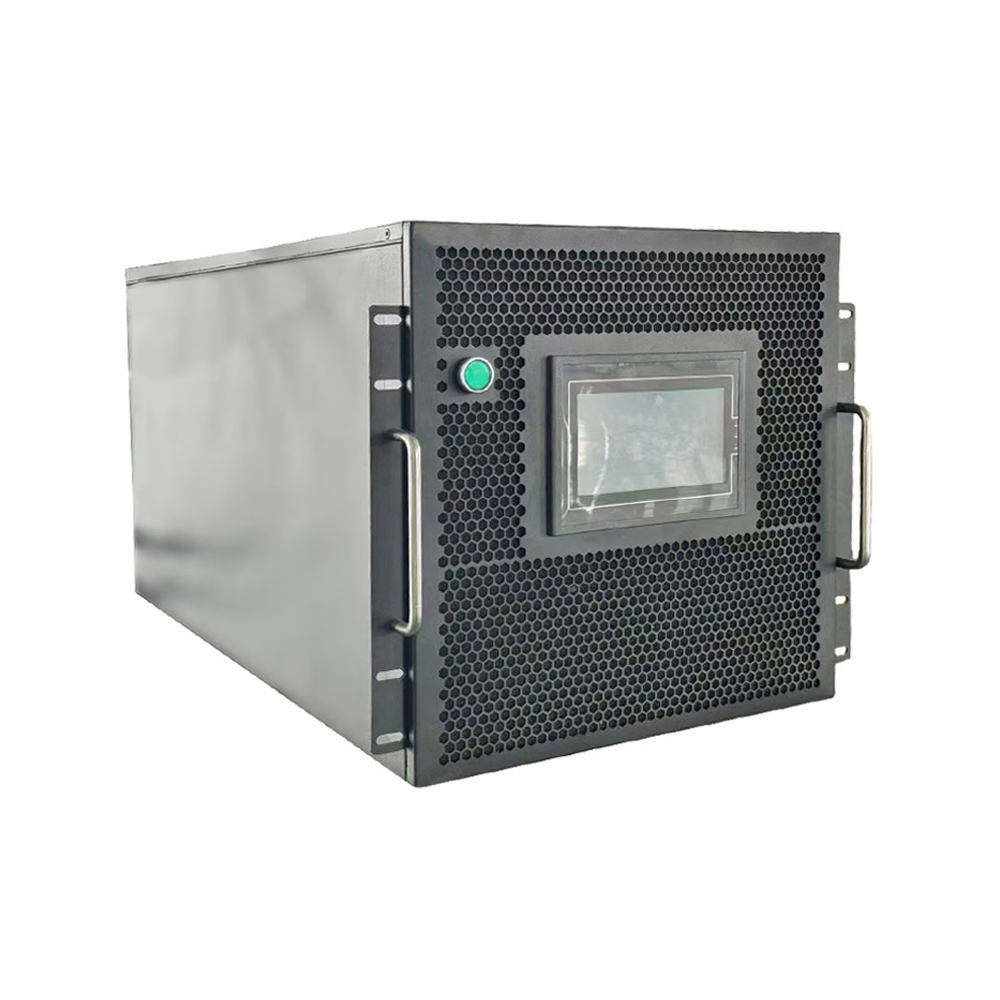
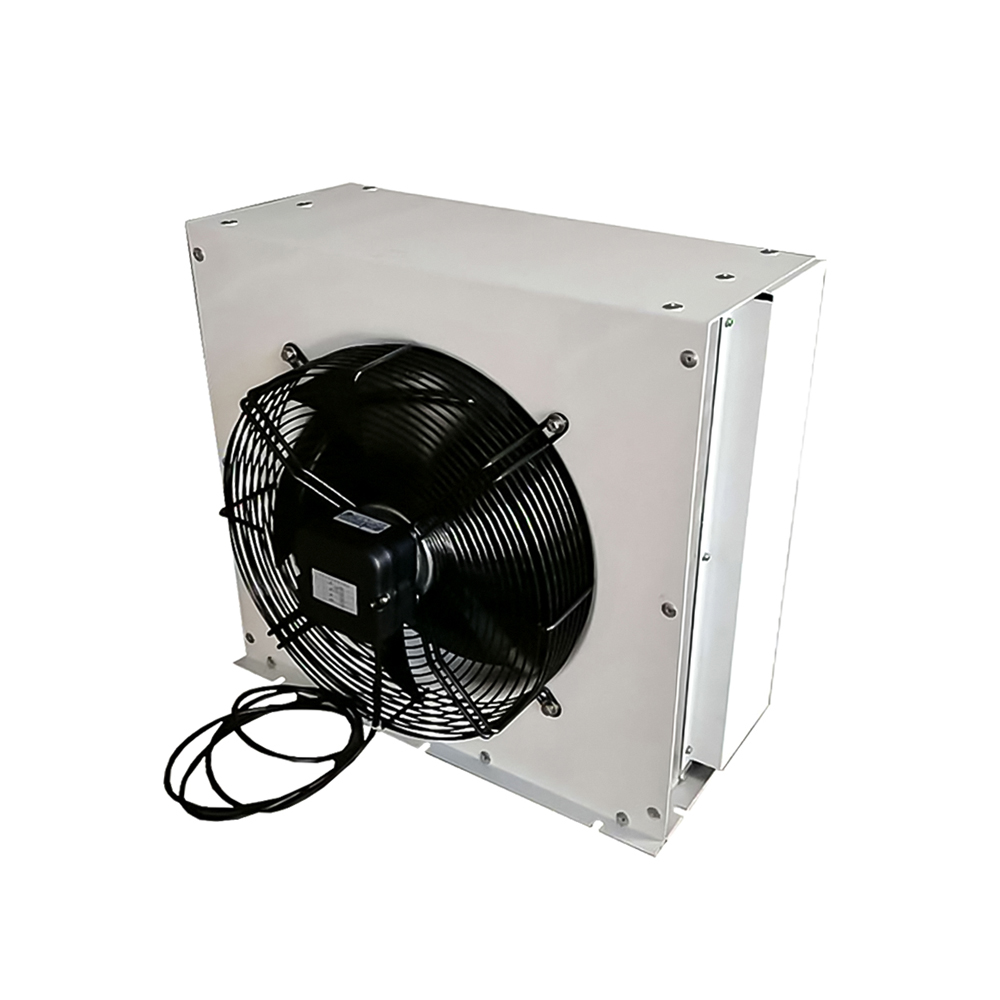
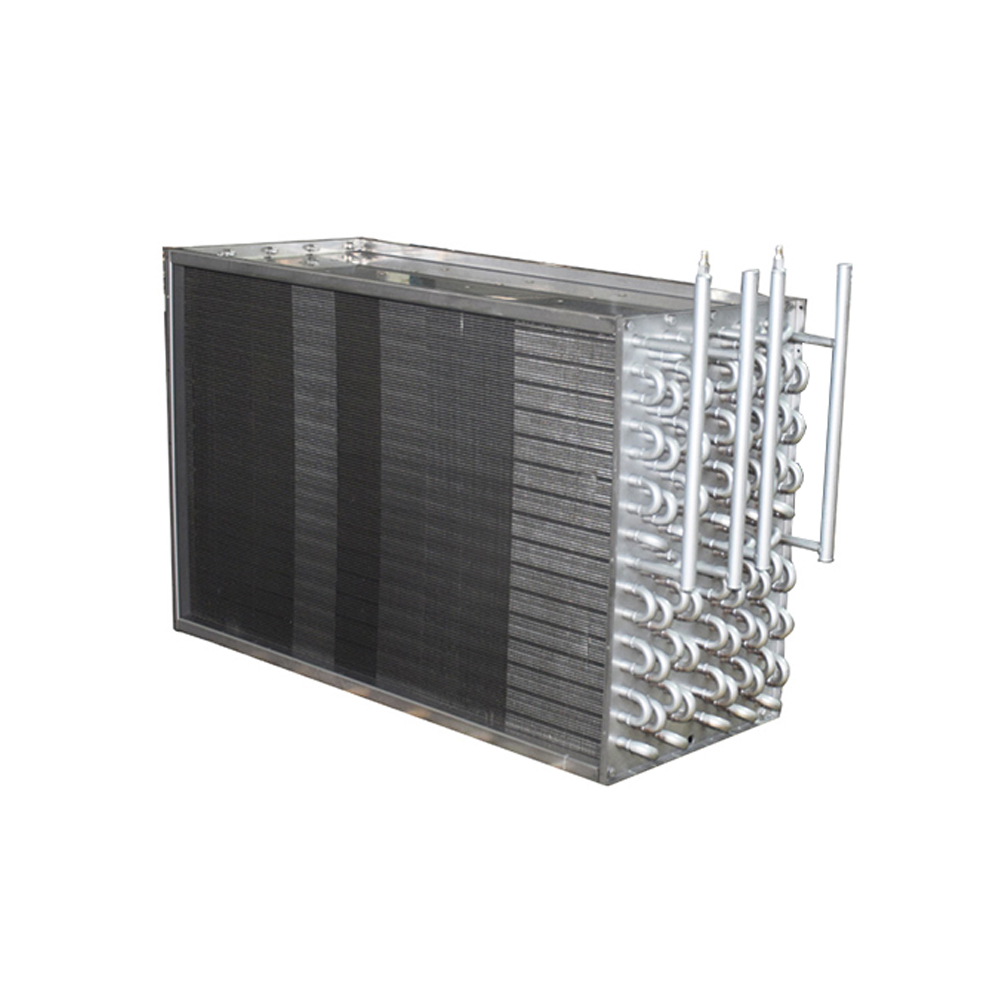
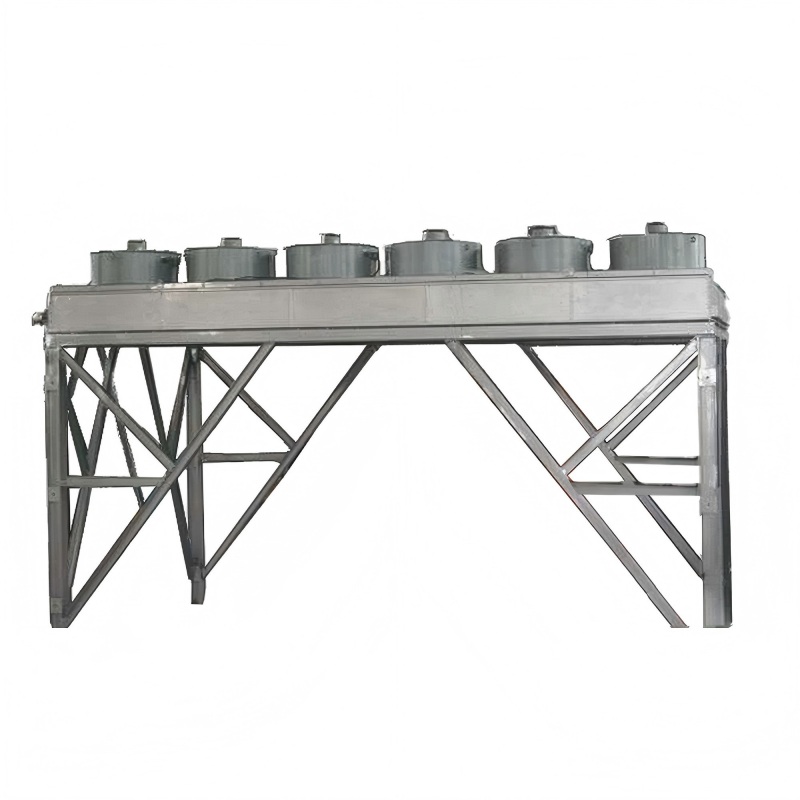
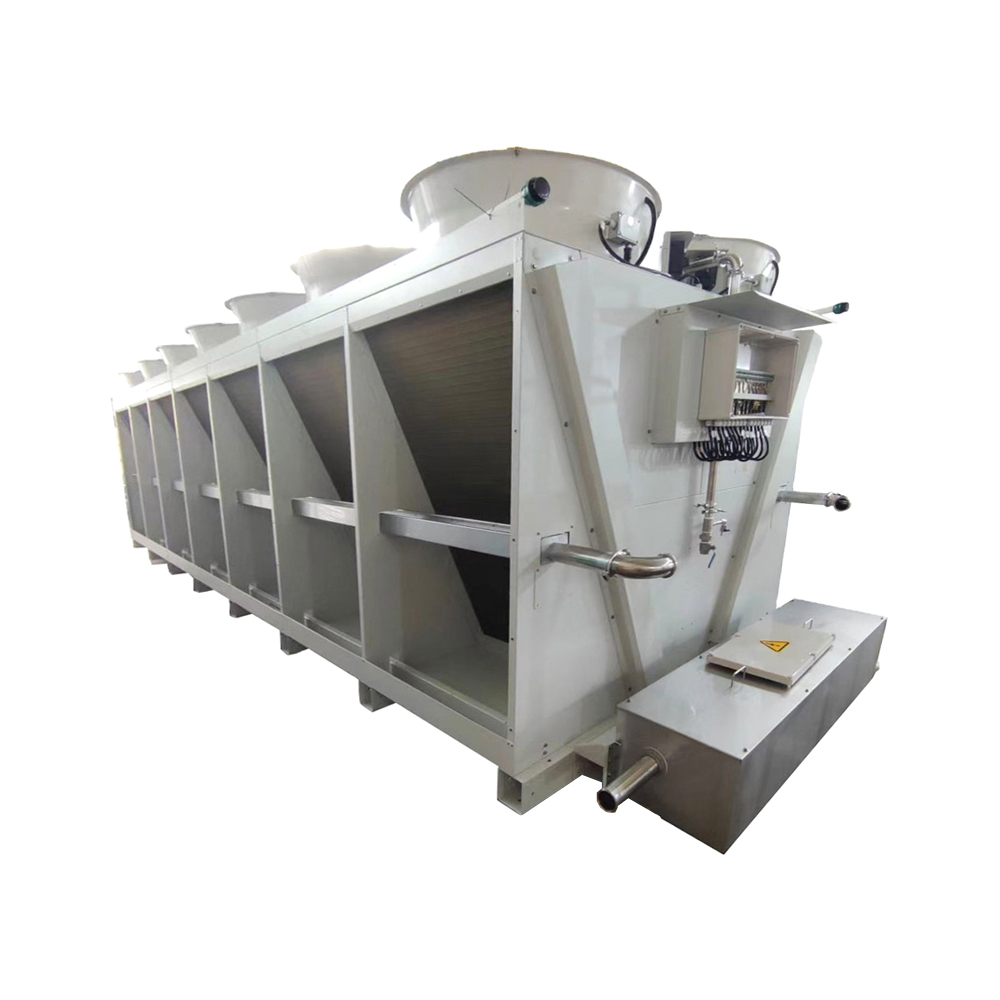
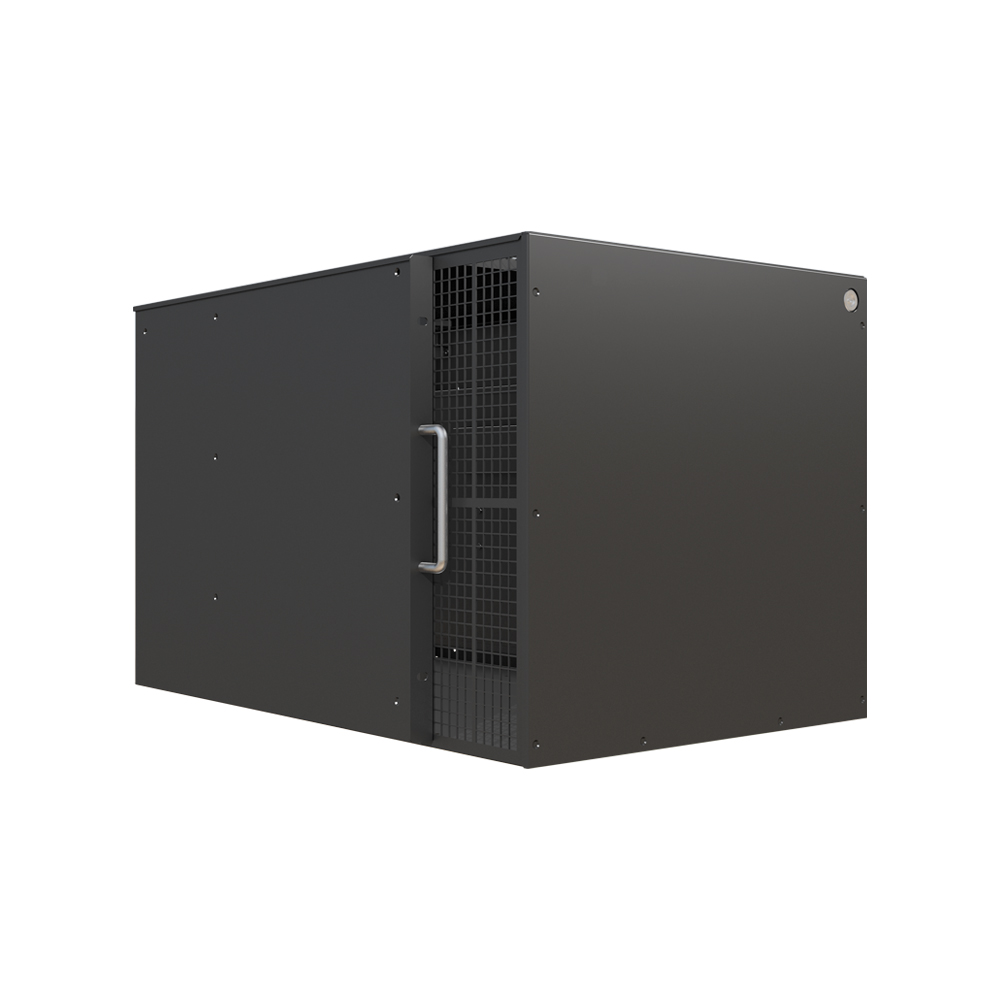
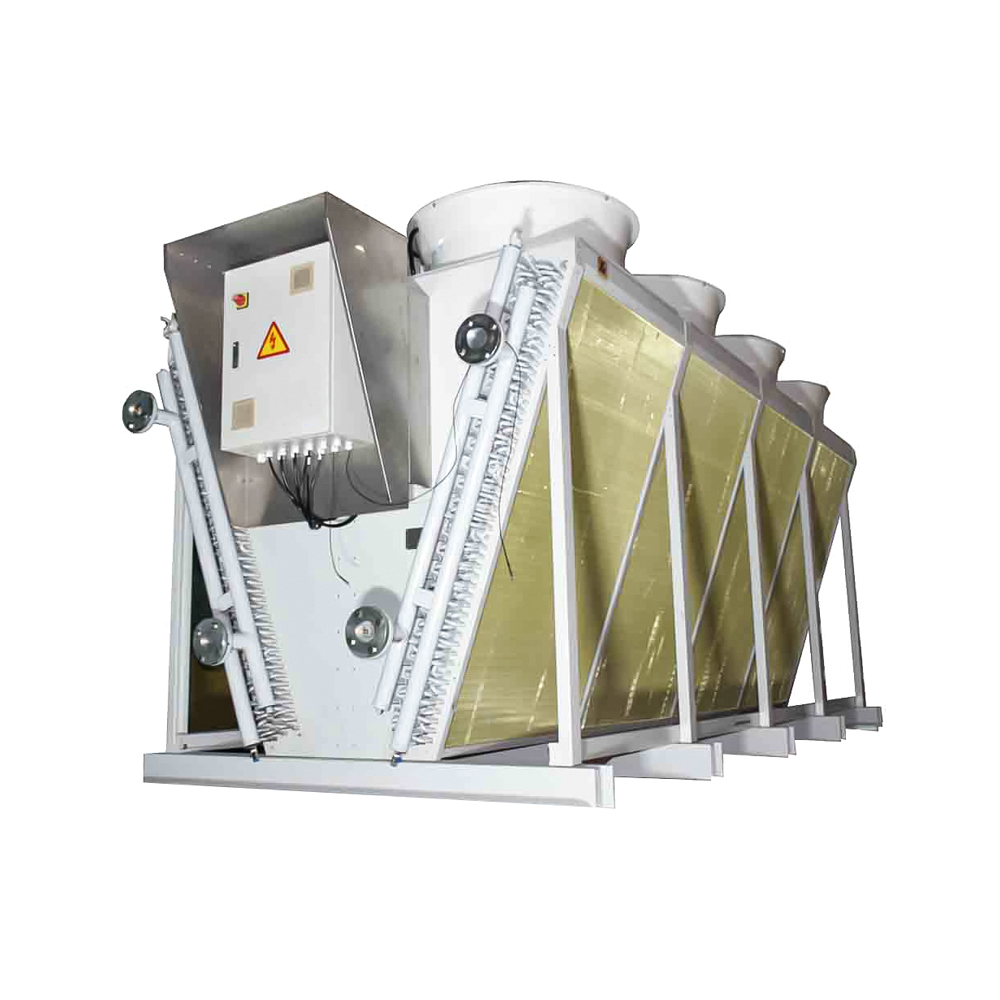
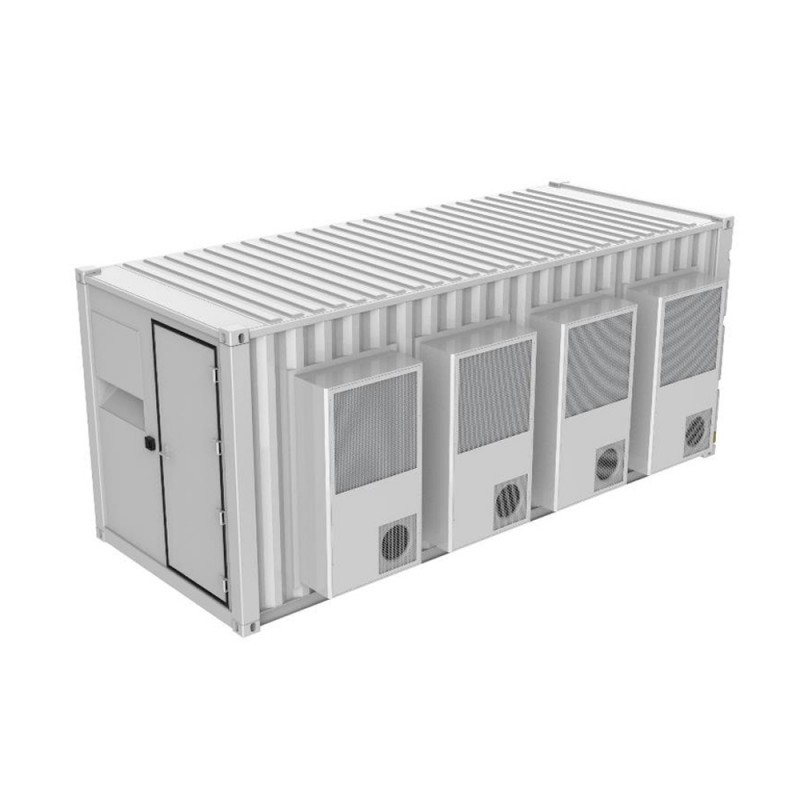

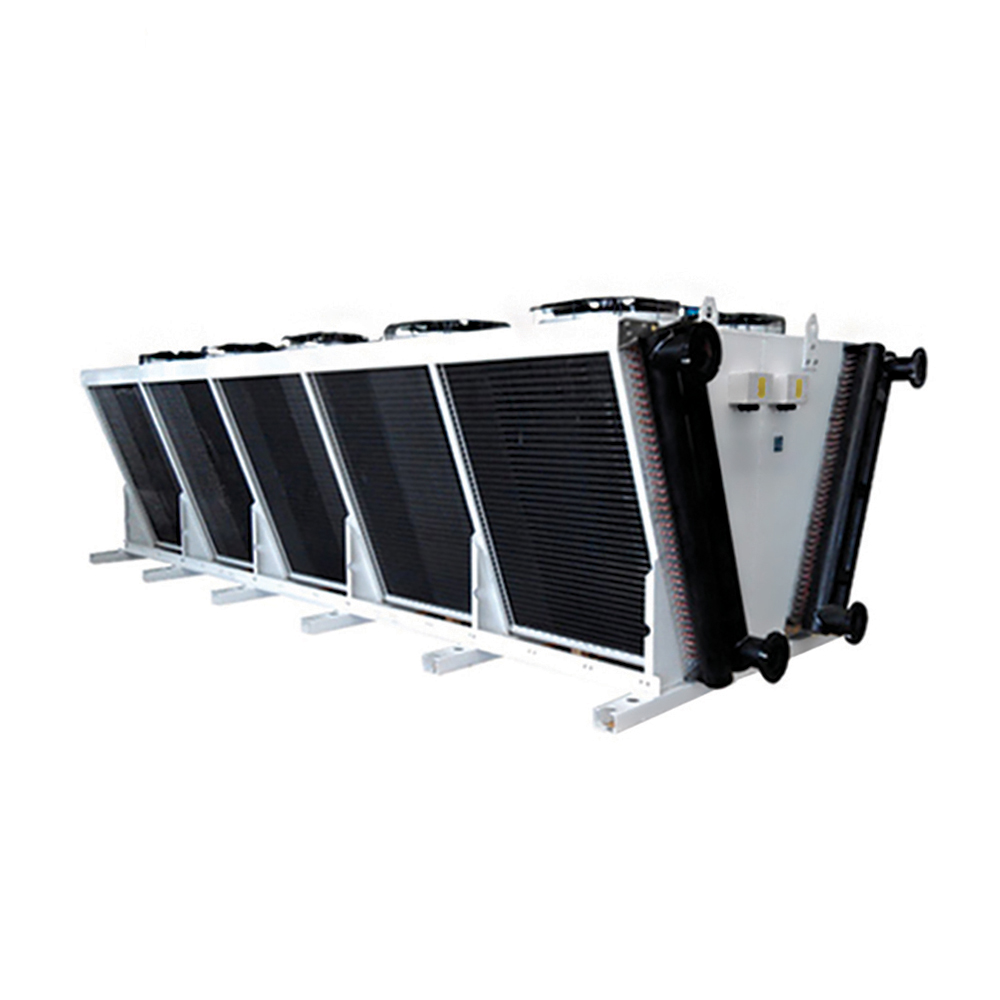
.jpg)
